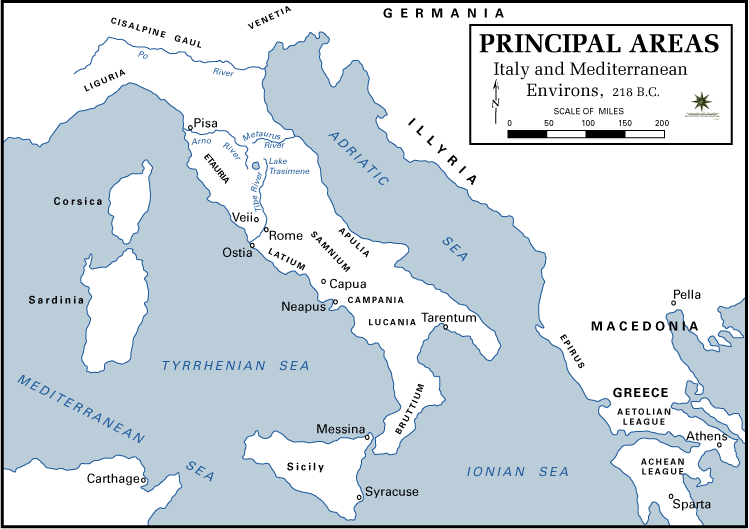This week, I wanted to give a shout out to the film that set the standard for every big budget Sword & Sandal movie that followed, "Spartacus":
Produced and headlined by legendary actor Kirk Douglas and directed by the legendary Stanley Kubrick, "Spartacus" is loosely based upon the historical figure of the same name and events of the Third Servile War (73–71 BC).
The film opens with the gifted but rebellious Spartacus sentenced to death for attacking a guard in a hard labor mine but spared after Roman businessman Lentulus Batiatus purchases the fiery slave for his gladiatorial school in Capua. There, he becomes a skilled combatant and meets his love interest, Varinia.
Once day, two powerful Roman nobles and their wives visit the gladiatorial school and demand a pair of death matches. One of the nobles is the general and politician Marcus Licinius Crassus, who would later form the First Triumvirate with his rival Pompey the Great and his political and financial client Julius Caesar.
The death matches upset the gladiators, who rise up and kill their handlers, and soon the rebellion engulfs southern Italy. Spartacus leads his new slave army to early victory over the Romans, but betrayal forces a decisive showdown with new legions led by Crassus.
A thoughtful film, Spartacus isn't a ripping Sword & Sandal yarn. Some of the proselytizing is heavy-handed, but the political scenes are handled deftly, as are the battle scenes. The acting style is also a product of its time.
The film opens with the gifted but rebellious Spartacus sentenced to death for attacking a guard in a hard labor mine but spared after Roman businessman Lentulus Batiatus purchases the fiery slave for his gladiatorial school in Capua. There, he becomes a skilled combatant and meets his love interest, Varinia.
Once day, two powerful Roman nobles and their wives visit the gladiatorial school and demand a pair of death matches. One of the nobles is the general and politician Marcus Licinius Crassus, who would later form the First Triumvirate with his rival Pompey the Great and his political and financial client Julius Caesar.
The death matches upset the gladiators, who rise up and kill their handlers, and soon the rebellion engulfs southern Italy. Spartacus leads his new slave army to early victory over the Romans, but betrayal forces a decisive showdown with new legions led by Crassus.
A thoughtful film, Spartacus isn't a ripping Sword & Sandal yarn. Some of the proselytizing is heavy-handed, but the political scenes are handled deftly, as are the battle scenes. The acting style is also a product of its time.
Overall, the film was a critical and commercial success. Winner of 4 Academy Awards, Spartacus also ended the Hollywood blacklist when Kirk Douglas demanded that screenwriter Dalton Trumbo be credited under his own name and President-elect John F. Kennedy crossed American Legion picket lines to view the film.
So, if you're looking for an Epic in the old Hollywood tradition (Spartacus has a cast of over 10,000 and a 3 hour 20 min runtime, including overture and intermission), this may be the film for you!


No comments:
Post a Comment